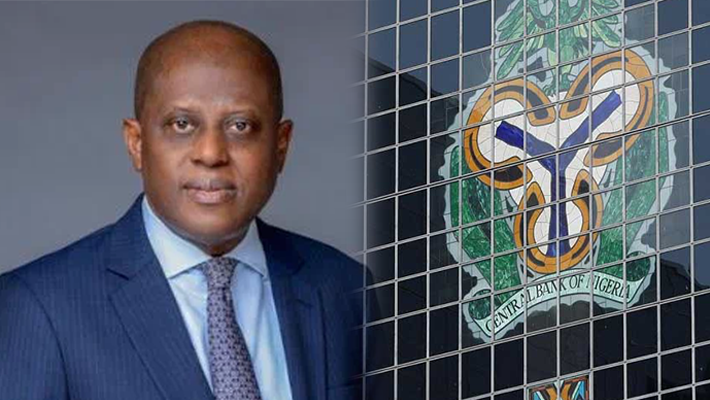SWVL’s Latest Scorecard: A Bounce in Earnings Overshadowed by Revenue Challenges
In the ever-evolving landscape of tech-driven mobility solutions, Swvl Holdings Corp has recently presented a financial scorecard that showcases a noteworthy rebound in earnings, but not without casting shadows over its revenue performance. The Nasdaq-listed company, a prominent player in enterprise and government mobility solutions globally, is making headlines for its resilience amid economic headwinds, yet questions linger about the sustainability of its financial turnaround.
Earnings vs. Revenue: A Delicate Balance
The latest financial report for the first half of 2023 unveils a stark contrast between Swvl’s earnings and revenue. While the company boasts positive figures in operating cash flow and net profits, the revenue picture paints a less rosy scenario. The figures present a financial narrative where earnings are the shining star, but revenue remains a stumbling block.
Earnings in the Spotlight:
One cannot ignore the commendable achievements in Swvl’s earnings. Operating cash inflows of $2.2 million in H1 2023, compared to the staggering outflows of $76.8 million in H1 2022, highlight a strategic pivot that merits applause. The gross profit of $1.8 million in H1 2023, in contrast to the gross loss of $2.7 million in H1 2022, signals a significant boost in operational efficiency. The operating profit’s impressive shift from a loss of $56.0 million to a profit of $13.4 million showcases the effectiveness of the portfolio optimization program initiated last year.
Most striking is the reversal in net profit, transforming from a daunting net loss of $161.6 million in H1 2022 to a positive net profit of $2.1 million in 2023. CEO Mostafa Kandil attributes this success to the team’s adept handling of a macroeconomic downturn, crediting the completion of the portfolio optimization strategy.
Revenue Woes:
However, the celebration of earnings is tempered by the less-than-stellar revenue figures. Swvl reports a decrease in revenue from $21,671,391 to $11,116,013, signaling challenges in generating top-line growth. The drop raises critical questions about the company’s market positioning, the impact of its strategic decisions, and the adaptability of its business model.
The sale of subsidiary Urbvan, representing approximately 7% of Swvl’s IFRS revenues, for gross proceeds of $12 million, adds another layer to the revenue puzzle. The move prompts industry observers and investors to ponder the implications for future revenue streams and the overall strategic direction of SWVL.
SWVL profit 2023 SWVL profit 2023 SWVL profit 2023

Charles Rapulu Udoh is a Lagos-based lawyer, who has several years of experience working in Africa’s burgeoning tech startup industry. He has closed multi-million dollar deals bordering on venture capital, private equity, intellectual property (trademark, patent or design, etc.), mergers and acquisitions, in countries such as in the Delaware, New York, UK, Singapore, British Virgin Islands, South Africa, Nigeria etc. He’s also a corporate governance and cross-border data privacy and tax expert. As an award-winning writer and researcher, he is passionate about telling the African startup story, and is one of the continent’s pioneers in this regard.


















